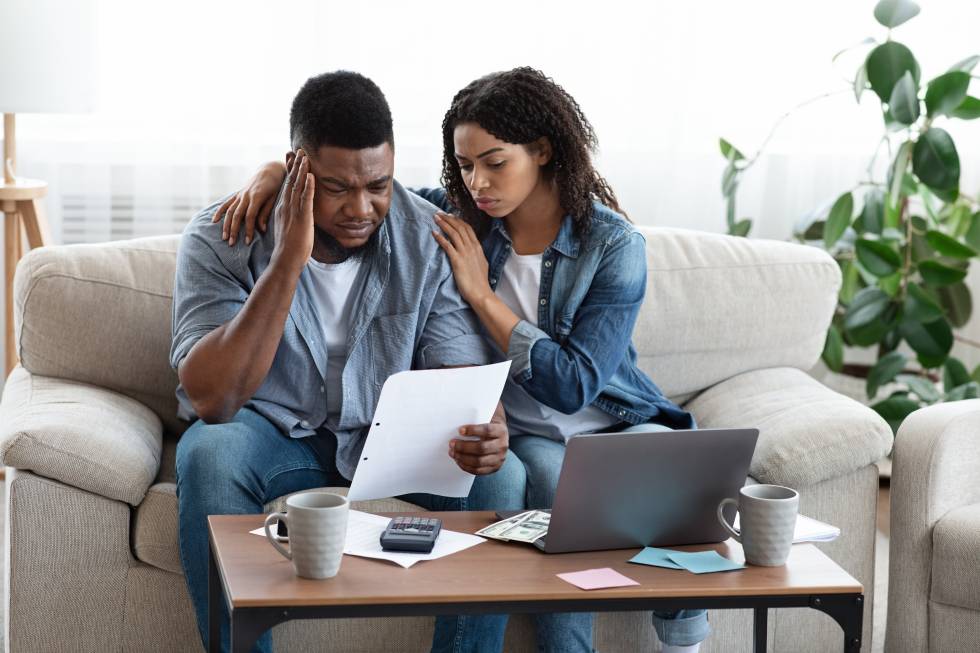The CARES Act, passed by Congress in response to COVID-19, eliminated the penalty for early withdrawal of retirement funds. This was done to provide a source of assets for those struggling to pay their bills. The extra $600 weekly federal unemployment supplement that was also put in place by the CARES Act ended on July 31, 2020. The unemployment supplement had enabled millions of families to avoid from dipping into their retirement account to pay ongoing bills.
Using Retirement Monies to Pay Essential Bills
Now that the $600 has ended, if you have retirement savings such as a 401(k) or IRA you might be thinking about withdrawing the funds to pay your bills. While using your 401(k) or an IRA might be necessary to pay essential expenses, it is our opinion that you should not pay credit cards or certain other unsecured debt from these monies. Essential bills include items such as rent, mortgage, utilities, food, medicine and child care.
Don’t Use Your Retirement Funds to Pay Credit Cards or Loans
- Try to Negotiate with your Creditors
Rather than making payments to creditors from retirement funds, reach out to your creditors and request payment forbearance or suspension. Try to negotiate with your creditors for a reduced payment that can be met from your non-retirement income.
- Retirement Accounts are Protected in Bankruptcy
In the event you cannot reach an agreement with your creditors, a Chapter 7 or Chapter 13 bankruptcy may be an option for may be an option for you. All qualified retirement accounts, including 401(k)s, pensions plans, IRAs and others are protected under the Bankruptcy Code. Under Chapter 7 and Chapter 13 bankruptcy, neither the bankruptcy court or your creditors can touch most retirement accounts to pay your creditors. Bankruptcy can be used to eliminate most of your debt, including medical, credit cards and unsecured loans without negatively effecting your retirement.
We Provide Free Consultations in Bankruptcy Matters
If you are struggling to pay your bills due to the COVID-19 pandemic, the lawyers at Levitt & Slafkes, P.C. are here to help. Contact us through our online form or by calling 973-313-1200 for a free consultation before you withdraw your retirement funds.
We are proudly designated as a debt relief agency by an Act of Congress. We have proudly assisted consumers in filing for Bankruptcy Relief for over 30 years. The information on this website and blogs is for general information purposes only. Nothing should be taken as legal advice for any individual case or situation.



